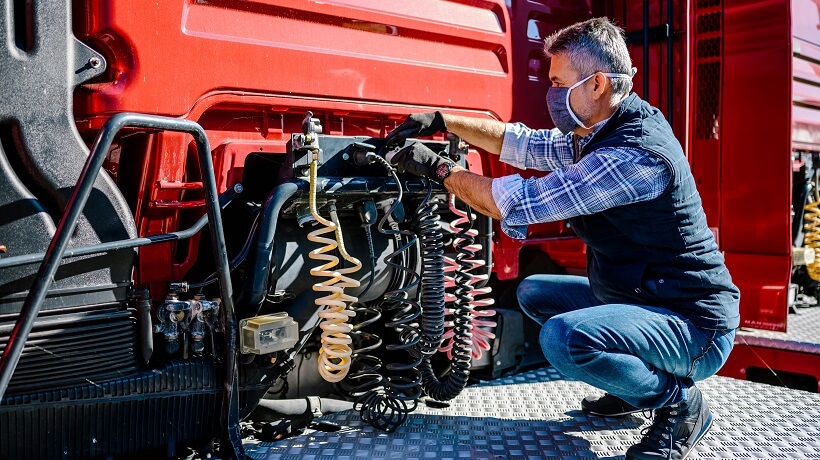
Best Practices for Truck Drivers During a Pandemic – A Coronavirus Special Report
Right now, there is a crisis not only across America, but around the globe. Truck drivers are on the front lines of the COVID-19 pandemic that is sweeping our nation, and the concern on everyone’s mind; is safety.
Whether driving long hours or short distances – cross-country or within state borders – this country relies on the brave men and women at the forefront of supply delivery. Through occurrences in places like China, Europe, and North America, we have gathered some helpful hints and methods to practice safe precautionary measures to ensure a lower chance for infection and transmission during truck driver’s daily routes.
1. Personal Protective Equipment

Nose & Mouth
The Centers for Disease Control and Prevention (2020) has allowed for health care staff to wear articles of clothing such as scarves and bandanas as makeshift facemasks in the event that no mask is available. This can be practices by truck drivers too when interacting with people during pick ups and drop offs.
Hands
In terms of gloves, if you do not have any, wear an old sweater around your waste so that you can use the sleeves to open and close doors and to pump gas at the station.
Eyes
Wearing your sunglass when coming into contact with individuals can minimize exposure. Anything to help protect your face, especially if someone near or around you is coughing or sneezing.
2. At the Pumps
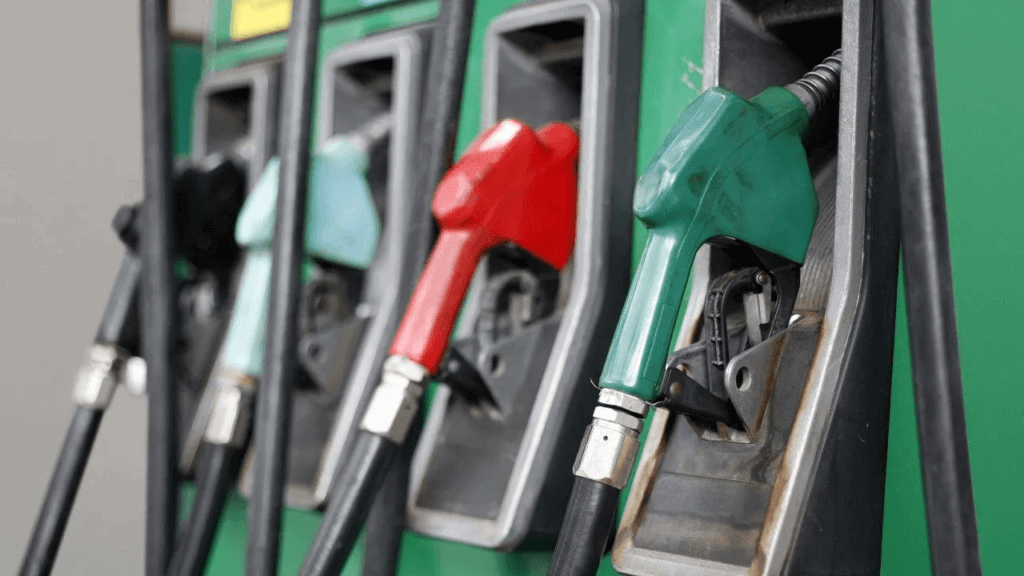
While you can easily use an old sweater or even a rag to pump your gas, you often still need to pay using a keypad. If you’re able to, use a cloth or napkin as a barrier between your finger and the keypad. This can help to minimize exposure.
When you have no choice but to use your hands, try using one of your knuckles instead of the end of your finger on things like keypads, and of course wash your hands promptly after.
3. Cash or Credit
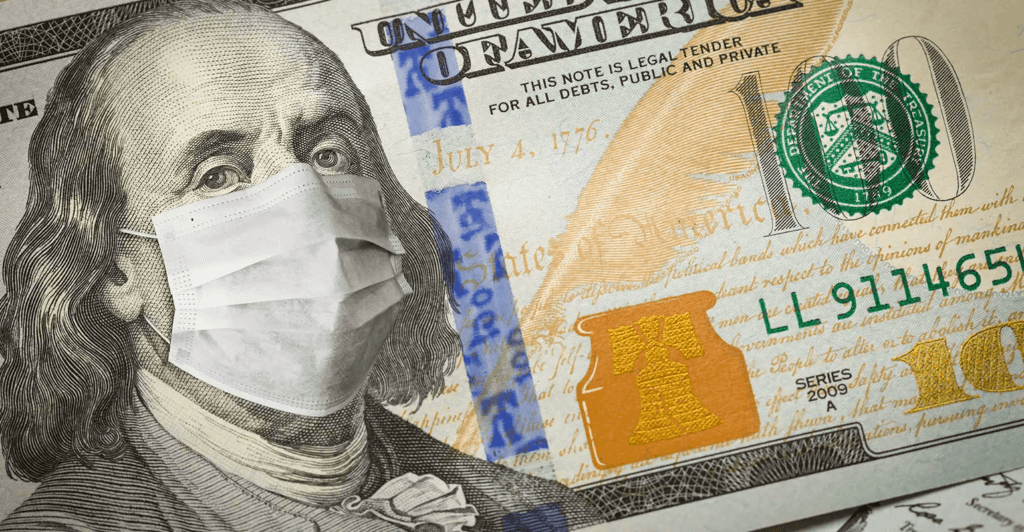
If possible, avoid cash.
Cash is unclean, even without a contagious virus going around. When possible use a card to pay. And even better (if available to you) use contactless payments through a smartphone such as with ApplePay, SamsungPay, or GooglePay. This can help limit contact with hard surfaces where the COVID-19 virus can live for up to 3 hours if not properly disinfected (Center for Disease Control and Prevention, 2020).
4. Eating

This is the best time to dust off your cooler, load it up with ice, and practice those sandwich making skills.
However, while this might not be the most convenient of feasible method to fill a person’s stomach, it is important to try avoiding contact with others when possible; meaning you should order food to go instead of eating inside restaurants. Additionally, if you need to enter a convenient store to make a purchase, try buying food/drink in bulk, so that you can limit your contact with others by limiting the amount of times you go into places.
5. Public Restrooms

When nature calls, we have to answer. One thing to be prepared for (which nobody could have predicted) is the possibility of toilet paper not being stocked in public restrooms. So, if you have it, bring your own as a safety net.
Remember: If you happen to order take-out on the road, ask for extra napkins! They can be a life-saving substitute. And I know you’ve heard it countless times now but, wash your hands for at least 20 seconds.
When opening doors, do so with either your elbow if the door pushes inward, or pull with an article of clothing or napkin.
6. Public Showers

Some drivers go long distances, and the need for a shower cannot be helped. Bringing a pair of shower shoes or flipflops is essential, not only to protect from COVID-19, but from many other fungi and bacteria that live on shower floors.
Be sure to bring a plastic bag to place used shower shoes in to keep the bottoms of them away from you and your things. After not forgetting to wash your face, arms and elbows, be sure to avoid the use of hair dryers and hand dryers because of their ability to blow around invisible surface matter that can then be inhaled and breathed in. Stick with towel drying.
As a precaution, bring soap and shampoo, because with many businesses now working with less staff, simple restocking is more likely to be overlooked with minimized personnel.
7. Sleeping

If you decide to rent a hotel or motel room while on the road, do not trust the cleanliness from surface appearance alone. Use best practices like hand washing after touching anything in the room and bring out those flipflops again. It would also be beneficial to bring blankets, sheets, and even a pillowcase. This is not to say that these places are unclean – rather they may be overburdened or understaffed, which can create uncertainty. The saying, “better safe than sorry” definitely applies here.
Tip: Take tissues and toilet paper with you when you check-out. You’ve paid for it, and it is in high demand; you never know when you might need it down the road.
8. Signs and Symptoms

Some individuals don’t show any symptoms when infected with the COVID-19 virus. However, many others do. It is crucial to know the symptoms of the virus so you know when you may need medical assistance.
First and foremost, keep in mind that it is Springtime which means allergy season is here. So, be sure to take allergy medications if you need them. This will actually help in determining whether or not someone is having symptoms from allergies or from a potential virus.
The Centers for Disease Control and Prevention (2020) refers to the following as common symptoms for COVID-19:
- Fever
- Cough
- Shortness of breath
These symptoms can appear anywhere from 2-14 after exposure.
If you suspect you have contracted coronavirus, contact your doctor. Many individuals can have the virus without the need for hospitalization at all, however this is a case-by-case basis.
If you are wanting to speak to a doctor, consider using telemedicine (a doctor service available on your smartphone or computer designated by your insurance provider – Ask your provider if they offer this service through video conferencing).
Your provider/doctor will determine if you need to be tested and instruct you where to go for testing.
9. Masks & Gloves

Updates from the Centers for Disease Control and Infection (2020) have promoted the use of face masks during the COVID-19 global pandemic. While some supplies may be scarce, there are alternatives such as the use of scarves and bandanas. Although media has shown many individuals wearing disposable gloves when out in public; this can actually spread the infection in many cases. Disposable gloves may seem to protect your hands, however, their proper usage is tricky and they can spread germs to everything else that you touch. Instead, the better way to keep safe is to protect your face, wash your hands, and use hand sanitizer.
10. What Should I Take Medicine-Wise?
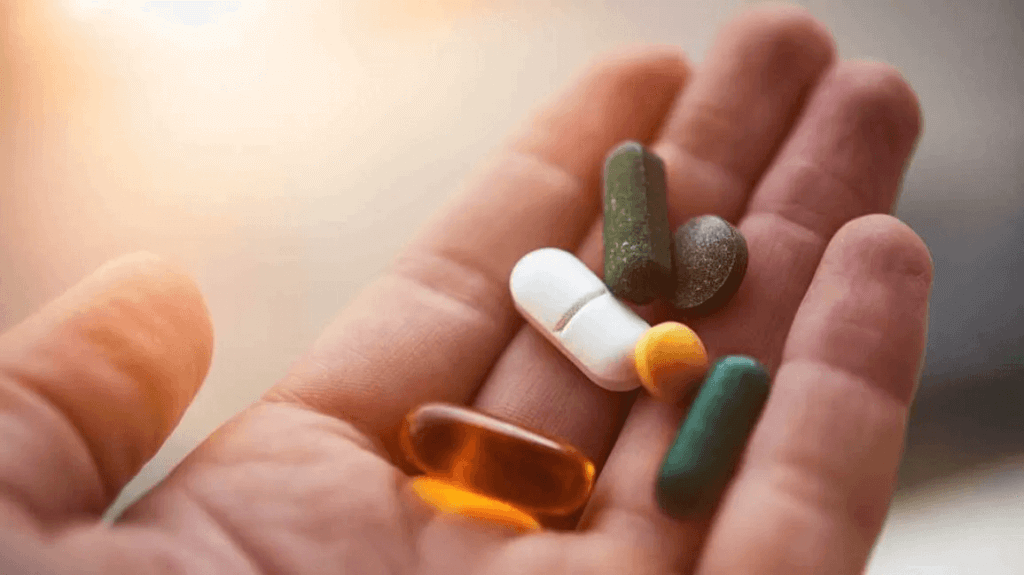
Although there is not enough data yet to prove this, evidence suggests that individuals may want to avoid taking Ibuprofen due to possible risk of increased complications. Make sure you consult with your primary care provider on the issue, as well as inform your doctor of any new medications that you might be taking, even vitamins and supplements. If aches and pains are bothering you, there are other helpful anti-inflammatory medications that can be just as effective as Ibuprofen. Tylenol, and Aleve are two other helpful medications that alleviate pain and inflammation and reduce fever. Please remember, if you begin to develop signs of a persistent fever and dry cough, contact your provider. If you develop shortness of breath, do not hesitate to call 911. Do not take any medications that have not been prescribed to you. And always consult your doctor before altering any daily vitamin or medication consumption.
11. Technology
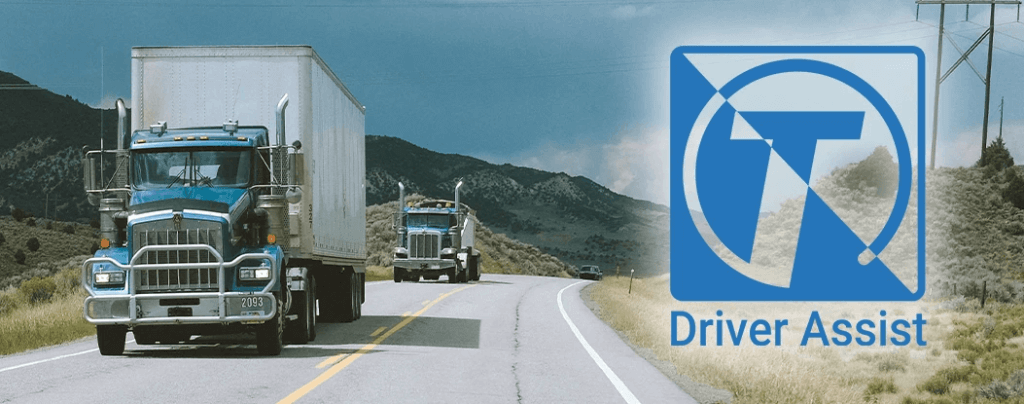
Always get your information from credible sources like the CDC and the WHO. It’s important to remember false information often makes it way around online platforms like social media sites.
Fit to Pass
A customized coaching program designed to improve the physical and mental health of professional drivers. Plus, for the 90 days leading up to your DOT re-cert exam, the program kicks into high gear, putting you in the best position to pass. A confidential Driver Support Hotline is included as an additional layer of mental health support during the COVID-19 pandemic.
The Hotline provides:
- Easy-to-use, immediate, anytime phone coaching
- Licensed professional mental health coaches and counselors
- No appointment necessary
Go HERE to learn more or to sign up.
They’ve launched a free tool/app to help drivers stay informed.
It will include:
- A Task Force:
- Web page link
- Phone
- A Social Sharing Platform:
- User generated content from drivers on the road
- Moderated to keep advertising and driver recruiting off of the site
- A Driver Assist Mobile App Which Allows You to:
- Access Health tips (the latest from the CDC)
- Latest Industry info (updated news feed)
- Communication between driver and fleet (live chat)
- Truck stop info (get the latest info from T/A, Pilot and Loves)
There will be no advertising, driver recruiting or selling, just helpful up-to-date information. To join the platform, you need to have the Transflo Mobile+ app downloaded on your device. You can click here to download the app for your smart device with the new COVID-19 features free of charge. You can then click here for directions on how to set up your fleet.
12. What to Take Away…
COVID-19 has changed the world collectively, and as a result, the lives that we live will be very different going forward. There is much that can be learned from what has happened (and is still happening in places like Italy and Spain). Knowledge is power, and keeping open eyes and open ears is the best way to keep yourself informed. Finding local news stations and listening to alerts and broadcasts is essential in this time of crisis (a great place to find everything in one spot is by downloading the free Driver Assist app).
Many countries were not well-informed regarding this crisis when it began and many even heed the advice of the local government. When driving across borders, be sure to adhere to the measures put in place for your own safety. Keep your distance from others, and avoid social gatherings, even when not driving across the country. We are able to still learn from past transgressions from other nations and curb this monumental challenge placed before us.
Be safe, follow expert advice, and stay strong.
Reference:
Coronavirus Disease 2019 (COVID-19). (2020, March 13). Retrieved from https://www.cdc.gov/coronavirus/2019-nCoV/index.html



